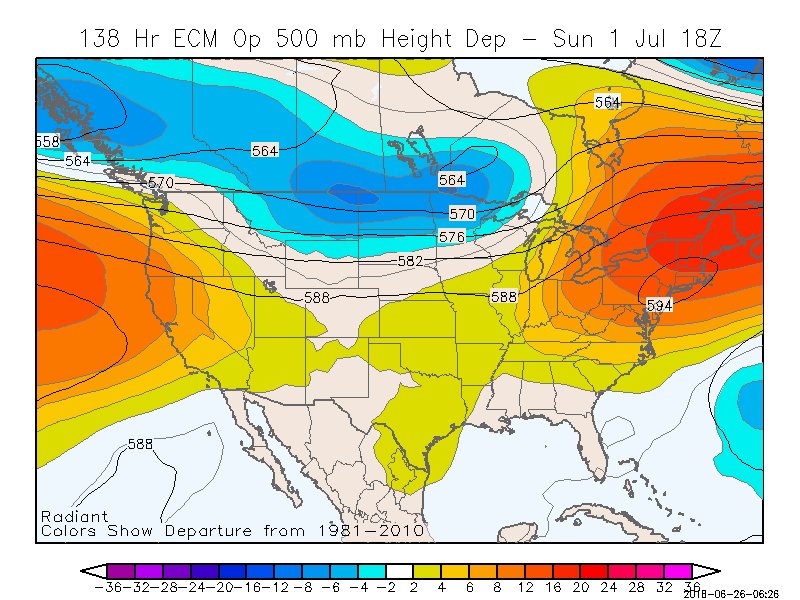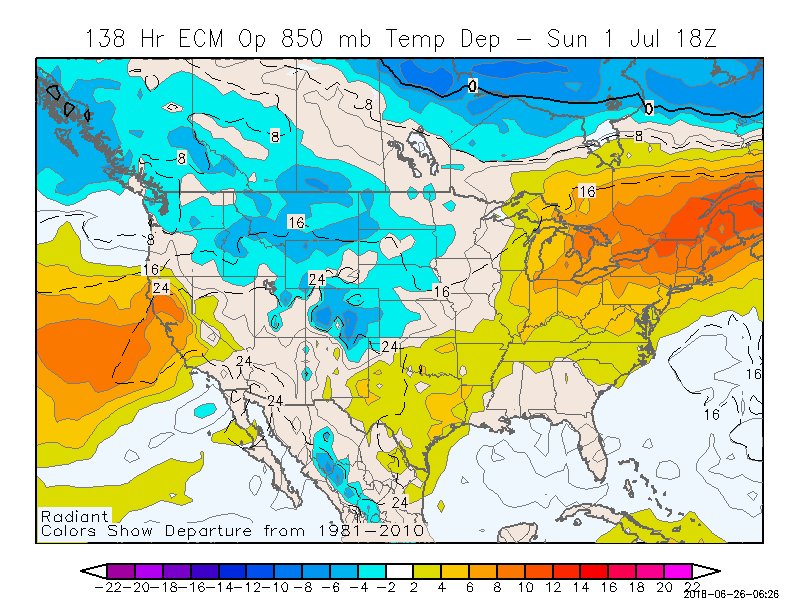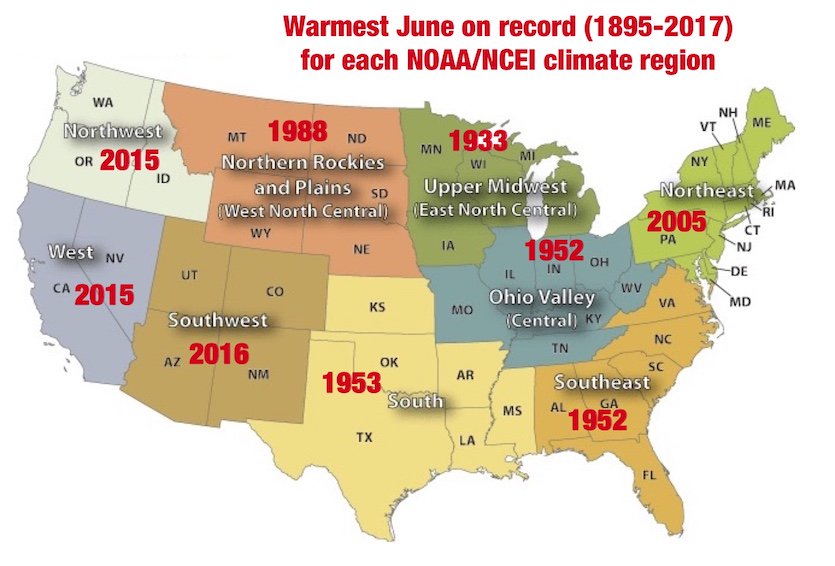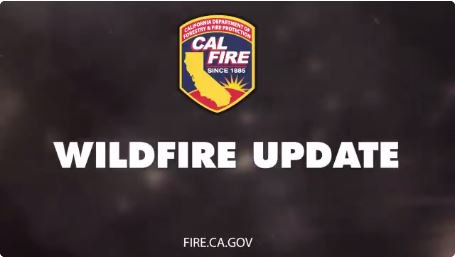Tuesday June 26th… Dear Diary. The main purpose of this ongoing post will be to track United States extreme or record temperatures related to climate change. Any reports I see of ETs will be listed below the main topic of the day. I’ll refer to extreme or record temperatures as ETs (not extraterrestrials)😊. Here is today’s main climate change post related hot topic:
The African Green Wall
First, before getting started on today’s hot topic I’d like to advertise Dr. Marshall Shepherd’s work with PBS in association last years trifecta of mega storms, Harvey, Irma and Maria that will be aired tomorrow evening. Questions and answers will be given concerning these storms as they relate to climate change:
 Marshall ShepherdVerified account @DrShepherd2013
Marshall ShepherdVerified account @DrShepherd2013

4:34 AM – 26 Jun 2018
This morning I saw this graphic indicating that some areas of the planet are trying their hand at mitigation to thwart the worst effects of climate change:
 Assaad RazzoukVerified account @AssaadRazzouk
Assaad RazzoukVerified account @AssaadRazzouk
– $8bn project
– Planting wall of trees 7,600 km long and 15 km wide across 20 countries
– Fights desertification by restoring 100m hectares of degraded land
– Massive job creation

And different temperatures in different marine regions also explain why there has been more rain again in the Sahel since the 1990s. “The different marine regions ‘fight it out’, so to speak,” explains Jürgen Bader. “If the temperatures of the tropical sea surfaces rise, the precipitation in the Sahel falls. As opposed to this, rising sea surface temperatures outside the tropics result in more rainfall in the Sahel.” As Jong-yeon Park and his supervisors, Daniela Matei and Jürgen Bader, discovered through model calculations carried out for his doctoral thesis, the West African monsoon was more intensive in the past 20 years than in the two preceding decades because the water in the Mediterranean was warmer than that in the tropical marine regions. Thus, the difference in temperature between these marine regions will be a crucial factor in future rainfall development in the Sahel.
Read more at: https://phys.org/news/2016-07-warmer-mediterranean-sahel-green.html#jCp
Global Warming may very well expand the Sahel northward due to increased precipitation around the periphery of the Sahara because of added atmospheric moisture, but our best science indicates otherwise. The large, ongoing planting project in the Sahel designed to fight desertification should continue as a precaution, with a side benefit of naturally taking some carbon out of the air.
The pattern remains favorable for some of the hottest conditions of the year to date in the East this weekend (hottest so far: BOS 90 on 5/3, LGA 93 on 5/3, PHL 93 on 6/18, DCA 95 on 6/19)




When June turns the burners on: WU historian Chris Burt looks back at some of the nation’s worst June heat waves on record https://bit.ly/2MpW9sz

#PawneeFire [update] off Pawnee Rd & New Long Valley Rd, northeast of Clearlake Oaks (Lake County) is now 11,500 acres and 5% contained. http://www.fire.ca.gov/current_incidents/incidentdetails/Index/2080 …



It’s getting hot in the Intermountain West area, as well. Today’s max was a toasty 97F at Denver. A high of 100F is expected at Salt Lake City tomorrow.
(If you like these posts and my work please contribute via the PayPal widget, which has recently been added to this site. Thanks in advance for any support.)
The Climate Guy



